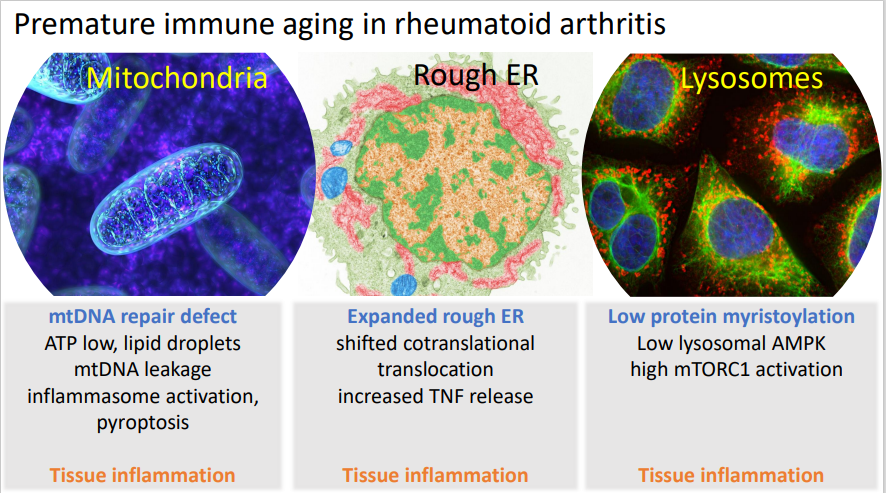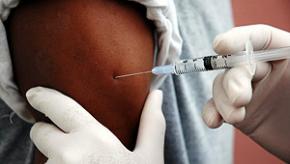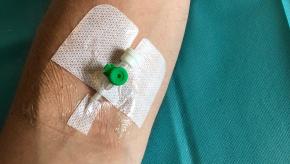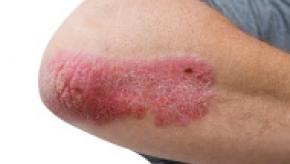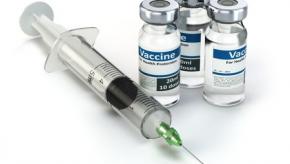All News
The Overpricing of Drugs (1.14.2022)
Dr. Jack Cush reviews the news and journal articles from the past week on RheumNow.com. This week we discuss amputations, a $57 billion RA market, an FDA approved drug for Cat arthritis and drug that works in Sjogren's.
Read ArticleHold Myophenolate or Not with COVID-19 Vaccination?
While the American College of Rheumatology recommends holding mycophenolate (MMF) in rheumatic and musculoskeletal diseases patients (RMD) receiving COVID-19 vaccines, there is limited data on such an approach. A recent cohort study of RMD patients showed that holding MMF yielded higher antibody responses than continuing MMF.
Read ArticleBEAT LUPUS - Belimumab after Rituximab in SLE
A recent trial published in Annals of Internal Medicine analyzed the effects of B-cell depletion (rituximab) followed by B-cell suppression (belimumab) and showed effective lowering of anti-dsDNA titers and and fewer severe flare in patients with systemic lupus erythematosus (SLE).
Read Article2021 Rheumatology Year in Review
Our top 10 list of advances, game-changers, worries and those better medical practices that evolved during 2021.
Read ArticleComorbidities Drive Risk of Severe Outcomes with COVID-19
The current edition of the MMWR from the CDC shows that among those vaccinated against COVID-19, there is a low risk of severe outcomes (hospitalization and death); the highest risk is seen in those with multiple comorbidities.
Read ArticleCOVID Breakthrough Infections with Arthritis and HIV
Among immunocompromised individuals vaccinated against COVID-19, solid organ transplant recipients as well as those with HIV and rheumatoid arthritis (RA) were significantly more likely to experience breakthrough infections versus people without immune dysfunction, a retrospective study found.
Read ArticleNew Onset Rheumatic Disorders with COVID-19 Infection
The journal Cells has published a review of new rheumatic disorders following COVID-19 infection. Rheumatologists have infrequently noted such events and wondered what is the true incidence or range of possible manifestations.
Read ArticleClinical Practice Guidelines for Multisystem Inflammatory Syndrome in Children
Multisystem inflammatory syndrome in children (MIS-C) is new and serious complication of COVID-19 that preferentially affects adolescents. A review of proposed management guidelines is compiled in this report, suggesting a unified approach to therapeutic management of MIS-C.
Read ArticleAutoantibody Associations in Systemic Sclerosis
Analysis of two large cohorts of systemic sclerosis (SSc) patients shows a signfiicant minority of patients to have autoantibodies typical of rheumatoid erosive arthrits, but their presence in SSc patients was associated with unique manifestations of SSc.
Read ArticleSpesolimab, an IL-36 Blocker, in Pustular Psoriasis
The NEJM has published the results of a phase 2 randomized trial showing that the use of an interleukin-36 receptor inhibitor, spesolimab, resulted in rapid improvement of generalized pustular psoriasis (at 1 week), but that adverse events and infections were of concern with 12 weeks of foll
Read ArticleSafety of COVID-19 Vaccines in Rheumatic Patients
Since the introduction of COVID-19 vaccines in January 2021, rheumatologists have fully advocated the protective benefits of their use - yet many have rarely noted flares and reactive side effects worrisome to patients. Now a multinational study shows that the use of COVID vaccination in rheumatic and musculoskeletal disease is safe, well-tolerated with very rare serious adverse events.
Read ArticleBest of 2021: Jack of All Subspecialties
It's great to be a rheumatologist, but boy, it's getting harder and harder. You have to be a jack of all trades. You have to be good at cardiovascular disease, osteoporosis, vaccination, inflammatory bowel disease - it just never ends. This and more, as Dr. Cush summarizes more than a dozen journal articles, news reports and questions + cases.
Read ArticleBest of 2021: FDA Approves Anifrolumab in SLE
AstraZeneca announced today that anifrolumab (Saphnelo or anifrolumab-fnia) was approved by the the Food and Drug Administration (FDA) for that treatment of adult patients with moderate to severe systemic lupus erythematosus (SLE) who are receiving standard therapy.
Read ArticleCertain Cancers Increased with Autoimmune Diseases
Rheumatologists are well aware that inflammation and immune dysregulation are prime contributors to cancer risk, but do oncologists carry the same impressions? A large study from JAMA Oncology shows that patients with immune-mediated diseases (IMD) have an overall increased risk of cancer, especially in organ-specific immune-mediated diseases.
Read ArticleCytokine Inhibitor Lung Disease in Still's Linked to HLA-DRB1 Alleles
Pulmonary complications in the setting of Still's disease (juvenile and adult) has seldom but consistently been reported, including reports of pneumonitis, pulmonary hypertension and a severe or fatal lung disease, often associated with hypersensitivity to anticytokine therapy. A multicenter study reports that drug hypersensitivity and pulmonary reactions in Still's patients receiving IL-1 or IL-6 inhibitors is strongly associated with HLA-DRB1*15 haplotypes.
Read Article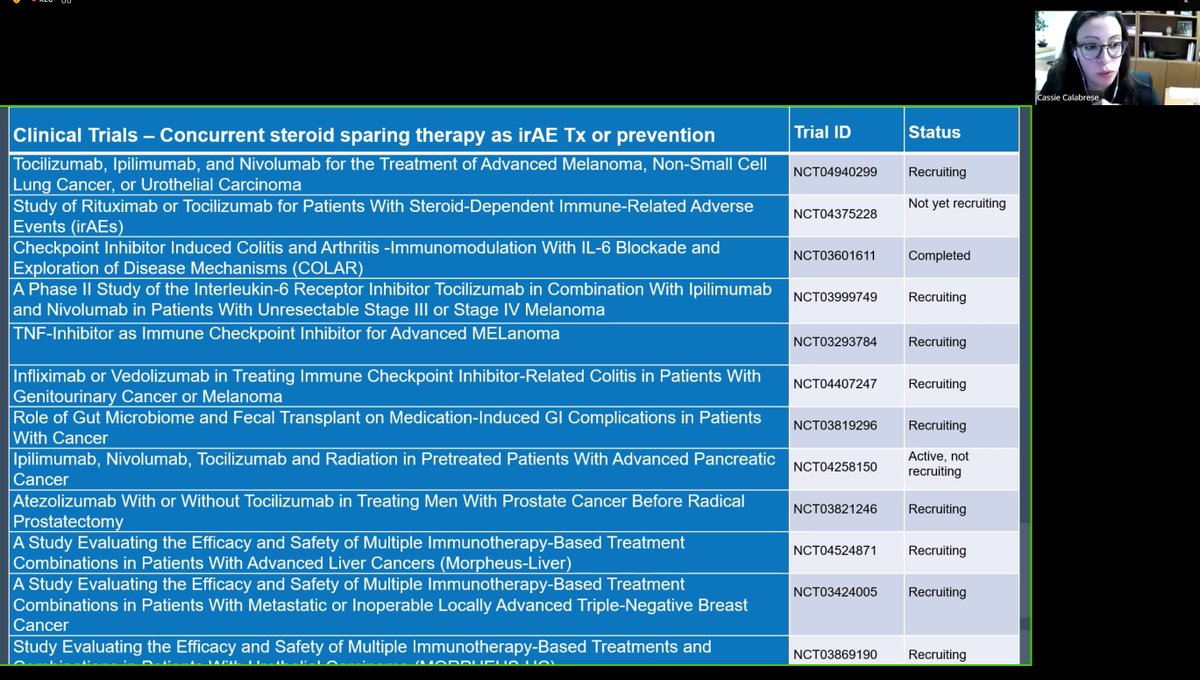
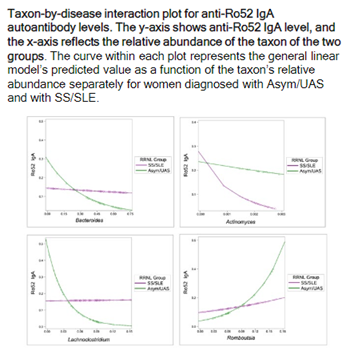

Links:
Eric Dein ericdeinmd ( View Tweet)
